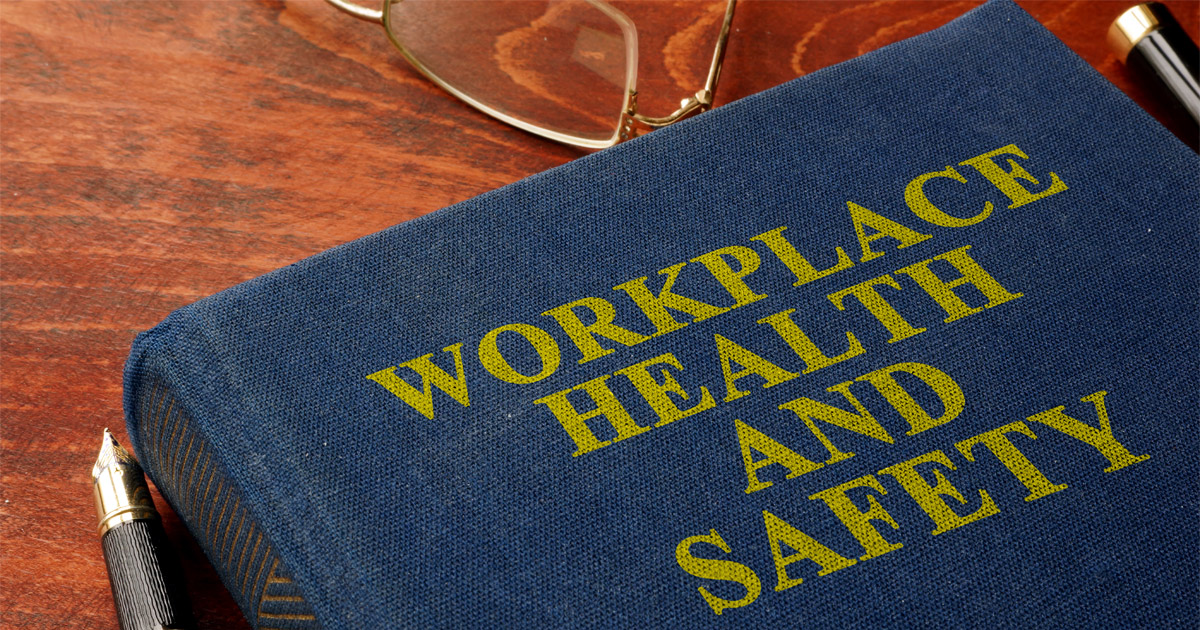
The global COVID-19 pandemic is continuing to take many lives and is impacting economies around the world. This is truly an unprecedented time. Millions of people practicing social distancing is helping slow the spread of the virus, but it is also affecting businesses across the country.
Though the number of confirmed cases is slowly dropping, and states are beginning to reopen, the threat of contracting the virus is still prevalent, particularly as people return to work. Both state and the federal governments must balance the need of reopening the company and the health and safety of citizens.
This is especially true for the nation’s workplaces as questions arise for both employers and the employees. Fortunately, the Centers for Disease Control and Prevention (CDC), the Equal Employment Opportunity Commission (EEOC), and the Occupational Safety and Health Administration (OSHA), along with state governments, have issued health and safety guidelines for employers to follow. However, it ultimately takes both employers and employees working together and participating in healthy practices to ensure safety.
What Can Employers Do to Maintain a Safe Work Environment?
According to federal guidelines, all employers must provide a safe work environment for employees. This remains true during a global pandemic. There are different measures that need to be taken, and these measures are suggested to states by the CDC and the EEOC.
Employees should work from home, if possible. As the economy begins to open, the safest step for employers to take to help their workers is to have them work from home. This is obviously not an option for some businesses, so practicing cleaning and hygiene procedures and expanding on them is a necessary.
All employees should practice social distancing. According to recent statistics, the practice of social distancing and good hygiene protocols have helped slow the spread of the coronavirus. Employers are obligated to provide these guidelines as well.
Employers should instruct all employees to maintain six feet apart at all times and provide the necessary space to do so. Proper signage and roped off areas help spread employees from each other and arrange a safe traffic system. Also, employers must require workers to wear masks.
Employers should also provide handwashing stations and sanitizing stations throughout work areas. Also, employers should provide hygiene guidelines and post them where they can be most visible. High traffic areas should also include sanitation stations for people to use. These areas should be regularly disinfected as well.
Business may also look into staggering hours to minimize the number of workers in one area, though this, and other recommendations, may not be possible for all industries. In fact, the CDC has released specific COVID-19 guidelines for certain essential industries, such as agriculture workers, construction workers, and meat processing workers.
Information Collected by Employers
The EEOC helps enforce federal laws to protect workers’ rights. Due to the pandemic, employers may also face questions on screening employees.
An employer has the right to question employees if they are experiencing coronavirus symptoms, though they may not ask medical history. If asked, the employer must keep this information confidential, and if an employee does test positive, workers that have come into contact with the infected must be notified, though the employee’s identity must not be revealed.
Employers may also check the temperatures of employees. This process is not considered a medical examination during a pandemic. Moreover, employers also are allowed to enforce employees to stay home if they contract the virus.
Employers can screen for coronavirus symptoms only after workers are employed. Employers also have the right to delay a hired start date for a worker or even rescind the offer to protect their workplace.
Employers have the right to screen employees for possible symptoms before they come into work. Hourly employees must be clocked in if the employer chooses to do so. Employers could also implement guidelines for employees.
What Can Employees Do to Stay Safe?
For employees, the CDC has issued several safety guidelines. If a worker experiences symptoms or feels ill, he or she should stay home. State laws are protecting employees who believe that they may have the virus and allow them to stay home without putting their jobs at stake. Under the federal Families First Coronavirus Response Act (FFCRA), an employee is allowed up to two weeks of paid sick leave if he or she must quarantine.
If a worker has an underlying health condition, is considered high-risk for infection, or lives with someone who is high-risk, it may be beneficial to talk to his or her employer about options. Employers are legally obligated to keep their employees safe, and that includes the coronavirus.
The FFCRA also allows a worker to have paid leave if his or her child or loved one must quarantine if the worker is a caregiver. This does not pertain to all employees; the coronavirus has left many workers with unanswered questions. If a worker contracts coronavirus or is unsure about his or her rights, it is beneficial to speak to an experienced Workers’ Compensation lawyer.
Pittsburgh Workers’ Compensation Lawyers at AlpernSchubert P.C Defend the Rights of Injured and Sick Workers
The COVID-19 pandemic has brought the world to a halt; employers and employees across the globe have been affected. If you have questions about your rights or if you have contracted the coronavirus at work, speak to one of our Pittsburgh Workers’ Compensation lawyers at AlpernSchubert P.C. Our experienced lawyers help injured and sick workers obtain compensation. Call us at 412-765-1888 or contact us online for a free consultation. Located in Pittsburgh, we serve clients throughout western Pennsylvania, including Allegheny County, Lawrence County, and Washington County.
